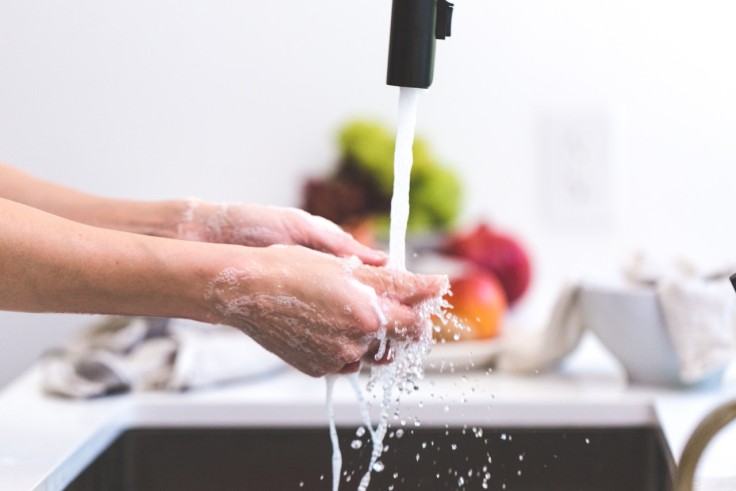
The season of flu is currently in full swing. The Center for Disease Control and Prevention (CDC) reports that 30 states, particularly the southern states such as Texas, Louisiana, Mississippi, Tennessee, Alabama, Georgia, and South Carolina, are already witnessing flu activity.
A preliminary estimate report states that between October and November there were already 1.7 million to 2.5 million flu diseases nationwide. Fortunately, measures can be taken by everyone to keep the virus at bay.
An Idaho science teacher spreads awareness with a viral jaw-dropping post recently. Jaralee Annice Metcalf shared pictures of a science project she had with her class, writing alongside a series of pictures, "We took fresh bread and touched it. We made one slice untouched, one with unwashed hands, one with a hand sanitizer, one with hot water and soap washed hands, then we decided to rub a piece on all our Chromebooks," she explained. The results revealed disgusting photos of the aftermath.
Metcalf pointed out that yes, the school usually sanitizes the Chromebooks, but it didn't take three to four weeks for this test because of the bread preservatives that prolong shelf life, and the bread was put in tightly sealed Ziploc freezer bags.
Metcalf tells Parents.com that the experiment may have gone faster if the bread was exposed to air and moisture. The breads that were exposed to various germs very obviously grew faster to mold. And those touched by clean hands plus the soap and water ones were not exposed to the germs that are causing the growth of the mold to accelerate.
Metcalf described herself in her Facebook post as someone who is sick and tired of being sick and tired, and encouraged followers to wash their hands. She added that parents should tell their children to wash their hands, and to remember that hand sanitizer is no substitute to washing their hands completely with soap and running water.
She pointed out the instructions given on the website of C.S. Mott Children's Hospital to those interested in doing the experiment themselves. Her Facebook post has earned over 59K shares and over 8K comments since Metcalf shared the images.
Essentially, the science teacher hopes that parents not only understand better the value of hand-washing, but that when their child comes down with a virus, they will take the results into consideration. Unwashed hands will spread germs rapidly, she said. She added that it doesn't matter how often they're told or how well they're taught to wash their hands, kids aren't going to do it right or enough. That said, a sick day may be required when hand-washing fails, which could prevent further spread of communicable diseases like flu.
It is easy to wash your hands, and it is one of the most effective ways to prevent germ spreading everywhere. Clean hands will avoid germs from spreading across a population from one person to another - from your home and workplace to childcare facilities and hospitals.
Just follow these five easy steps:
1. Wet your hands with clean, running water. Turn off the tap for a while then apply soap.
2. Lather and rub the soap in both hands. Rub the back of your hand with the other and vice versa. Clean dirt between your fingers and under your nails.
3. Scrub your hands with the soap for at least 20 seconds.
4. Rinse your hands with running water until soap is gone.
5. Turn off tap and dry your hands with a clean towel.
© 2025 University Herald, All rights reserved. Do not reproduce without permission.








